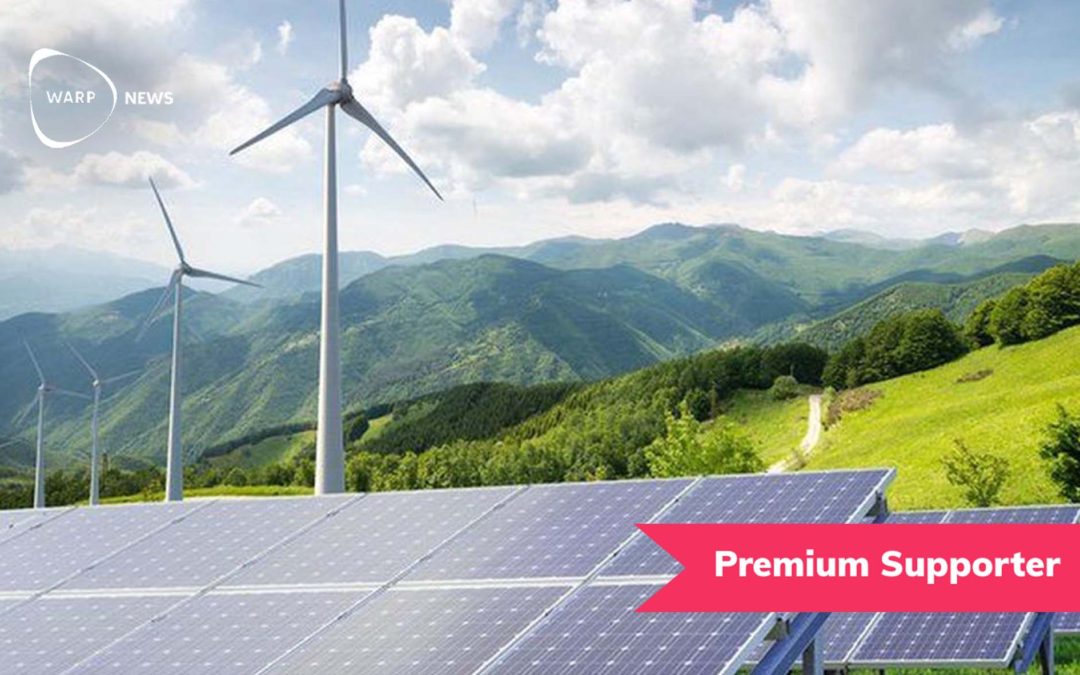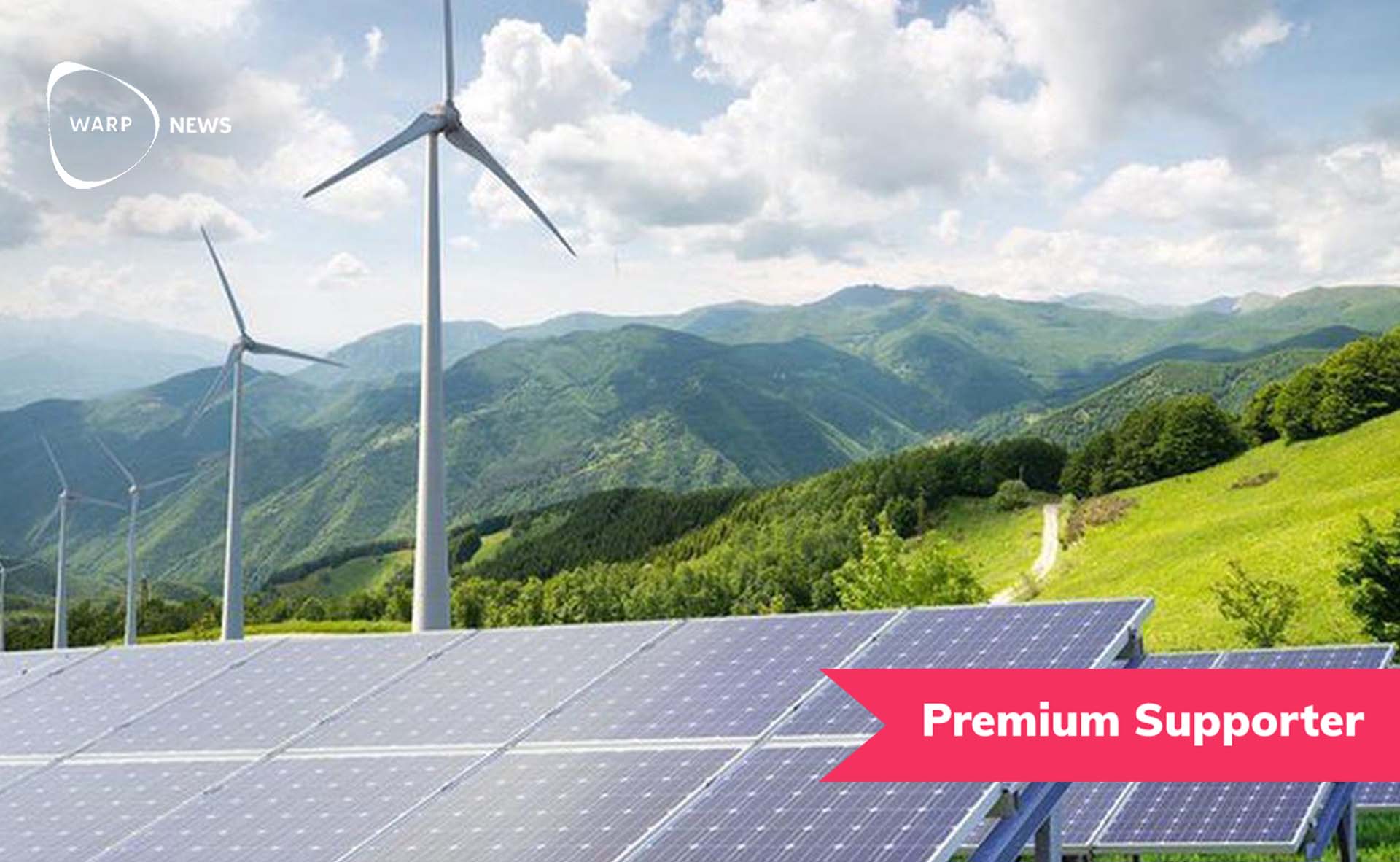
Wind will blow, the sun will shine, and waves will shake the seas. And these phenomena are not going to stop in millions of years. Nature abounds in raw and almost unlimited power resources.
The challenge for humanity is to use them and get rid of its dependency on fossil fuels. But things are now moving fast, and many different kinds of renewable energy sources are being built at a high pace.
Here are five large-scale projects, from hydro to solar, that you should know about.
🇨🇦 Keeyask Hydroelectric generating station in Canada
One solution that we have come to control quite well is to use that natural flow of river waters to generate electricity. Indeed, it simply takes to capture and guide the water to activate a propeller, a wheel – in other words, to initiate the movement that will engage an entire system.
This is the option that was chosen in Canada, on the lower Nelson River. The Keeyask Hydroelectric generating station began construction seven years ago and partly entered operation in February 2021. It takes advantage of a 27-meter natural drop, the Gull Rapids, to accelerate water and generate electricity. When fully operational, it is expected to generate 695MW.
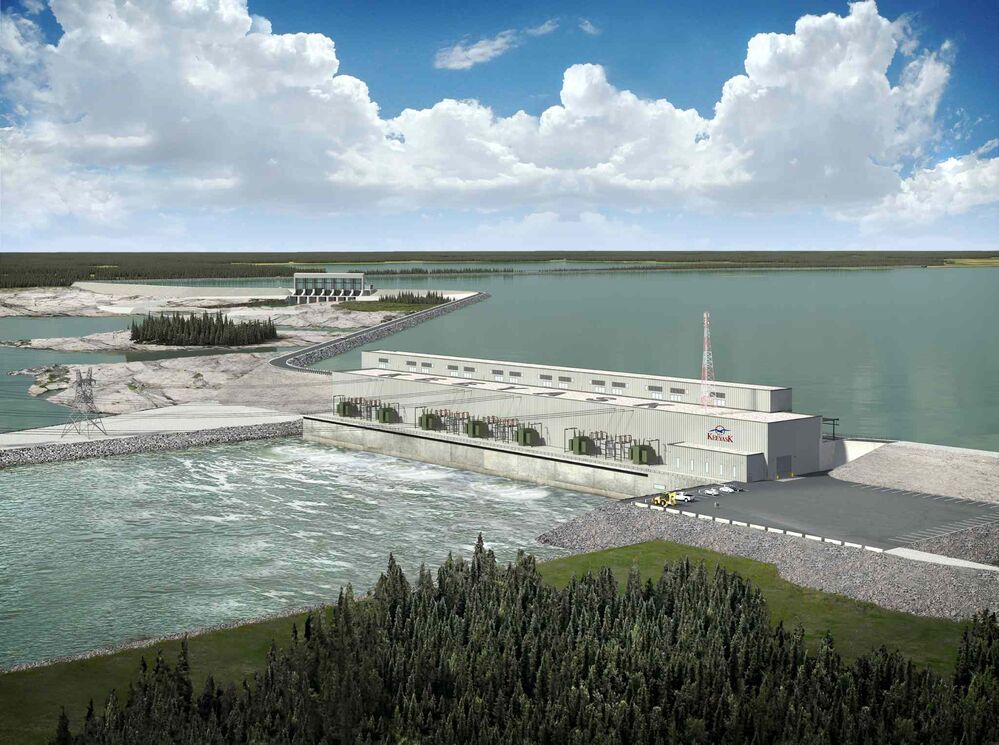
🇬🇭 Wave power project in Ghana
Another solution designed around the powers of water is to place a mechanism where the seas are turbulent. It will then translate the waves into electricity. There are multiple options, either to have a device floating on the surface or set it on the bottom of the sea.
This is the first option that was preferred in Ghana. A series of buoys will convey their motion to a generator, which will convert it into energy. Seawave technology is not very spread across the world, and this installation is planned to be one of the biggest. The company Seabased has been contracted to build the wave power plant. The goal is to produce 100MW of electricity.
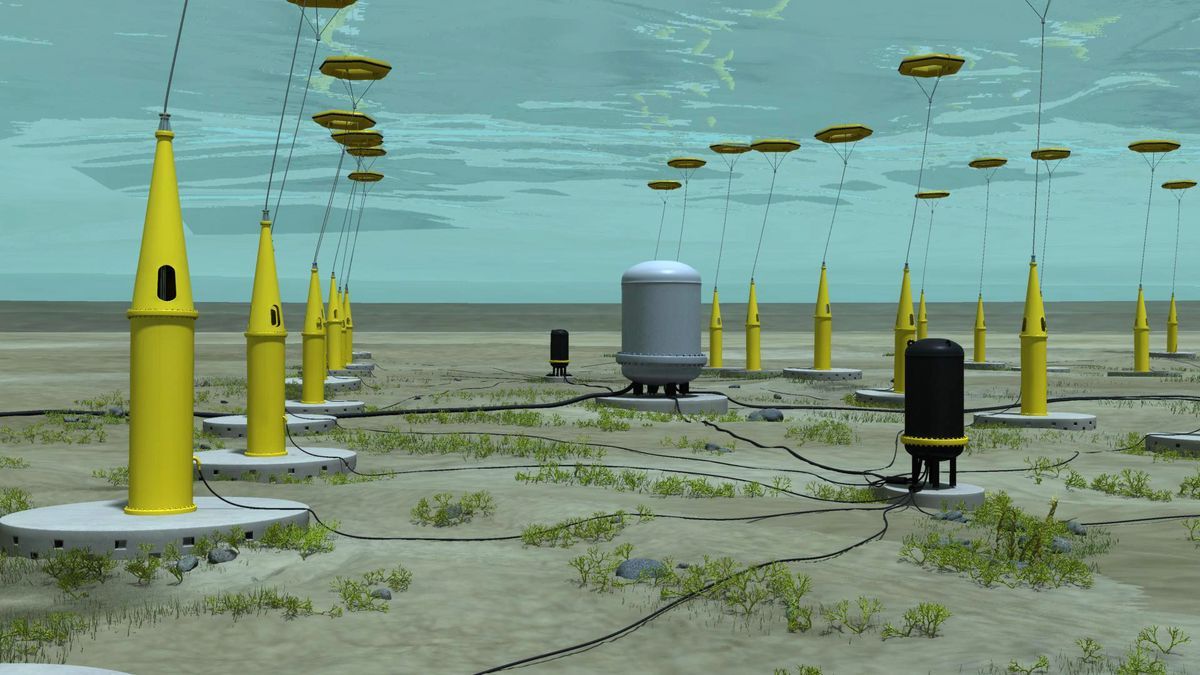
🇬🇧 Windmill farms on the Yorkshire shore
Windmills have become increasingly commonplace in the countryside and seaside. The first examples of this technology can be traced back as early as 1887! They stand as a solid, simple, and safe way to substitute fossil-fuelled systems. A great advantage is that they can be constructed either on or offshore. This is probably why many countries decide to invest in this direction.
Located on the Yorkshire shore, the Hornsea Two project is set to enter operation in 2022 and should supply 1.3 million families with electricity. The farm will be made of 165 wind turbines that will generate a whopping 1.3GW.
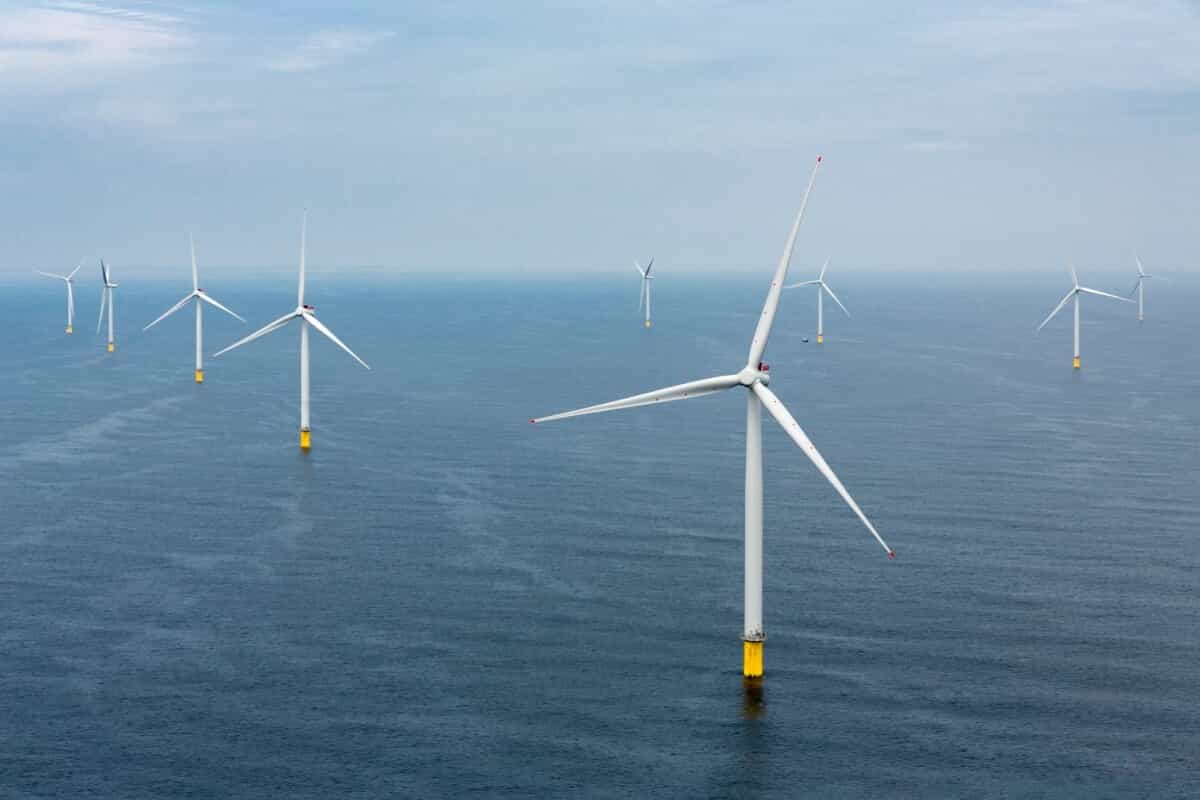
🇦🇪 Large scale solar power in UAE
Used in space exploration as well as house roofs, solar power has also become a relatively common alternative. Either to heat water or to produce electricity, this technology is getting more and more efficient. For instance, Brisbane scientists have managed to create flexible solar cells out of human hair!
For countries with desert lands, this option appears like a great solution. Built in 2013 in Dubai, the Mohammed Bin Rashid Al Maktoum Solar Park should reach a new level in 2022. Indeed, instead of regular solar panels, it will use a heliostat mirror to concentrate sunlight and significantly increase energy production. It will produce about 750MW.
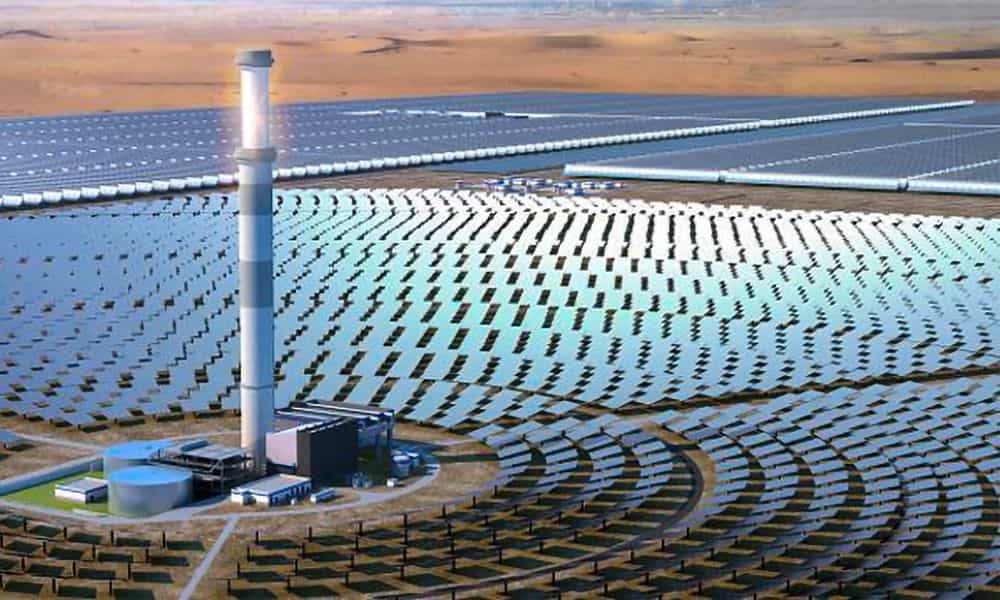
🇨🇳 Hybrid mega project in China
There are many other ideas, like waste management projects, and it is essential that researchers keep coming up with new alternatives. But as for today, the best solution might well be to mix and focus on the technologies we have and master quite well. Countries around the world are now seeking to build mega-projects to produce massive amounts of energy.
This is the case of China, with its China Desert Project, a hybrid farm of solar and wind power, expected to produce no less than 100GW as early as 2025, with a goal to reach 400GW further on. The Sultanate of Oman is also planning on a giant solar and wind power farm to generate 25GW.
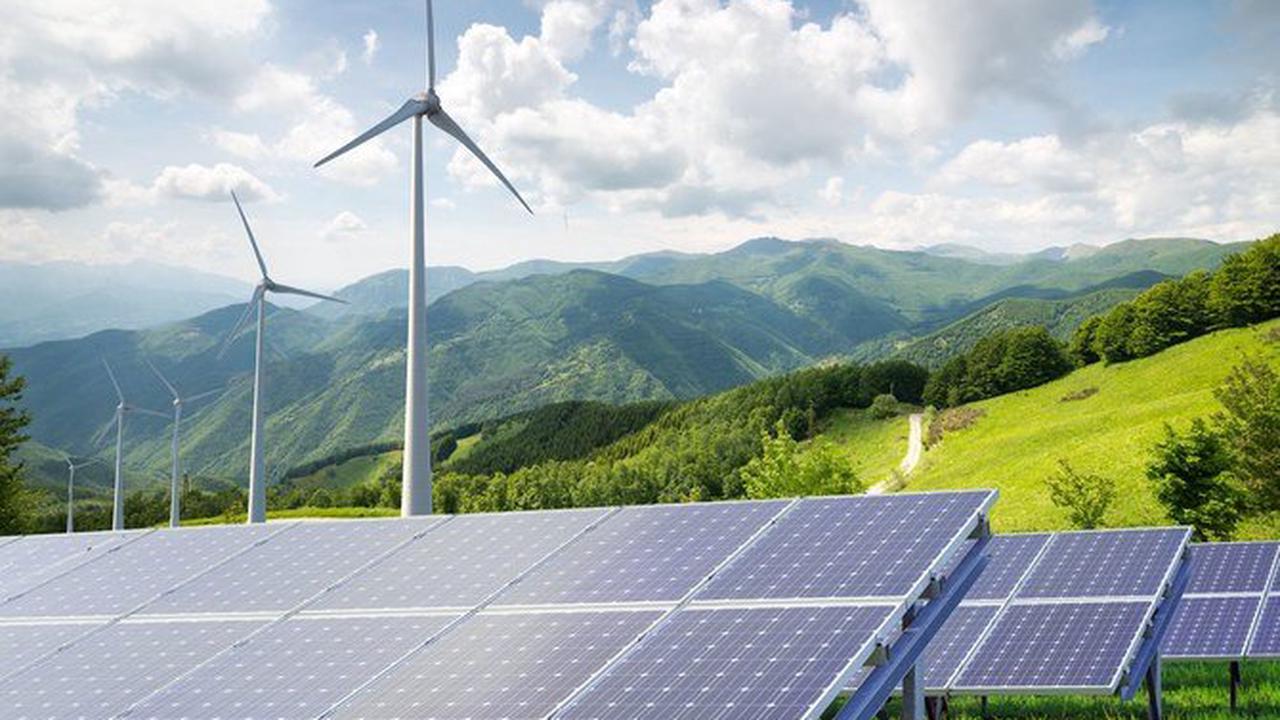
These alternatives to coal are replacing more and more fossil fuel and coal, a 2020 Ember report showed. Renewable now accounts for as much energy production as all nuclear power plants combined – and upcoming mega-projects flourishing in China, Australia, and South Korea, will significantly increase this number.

